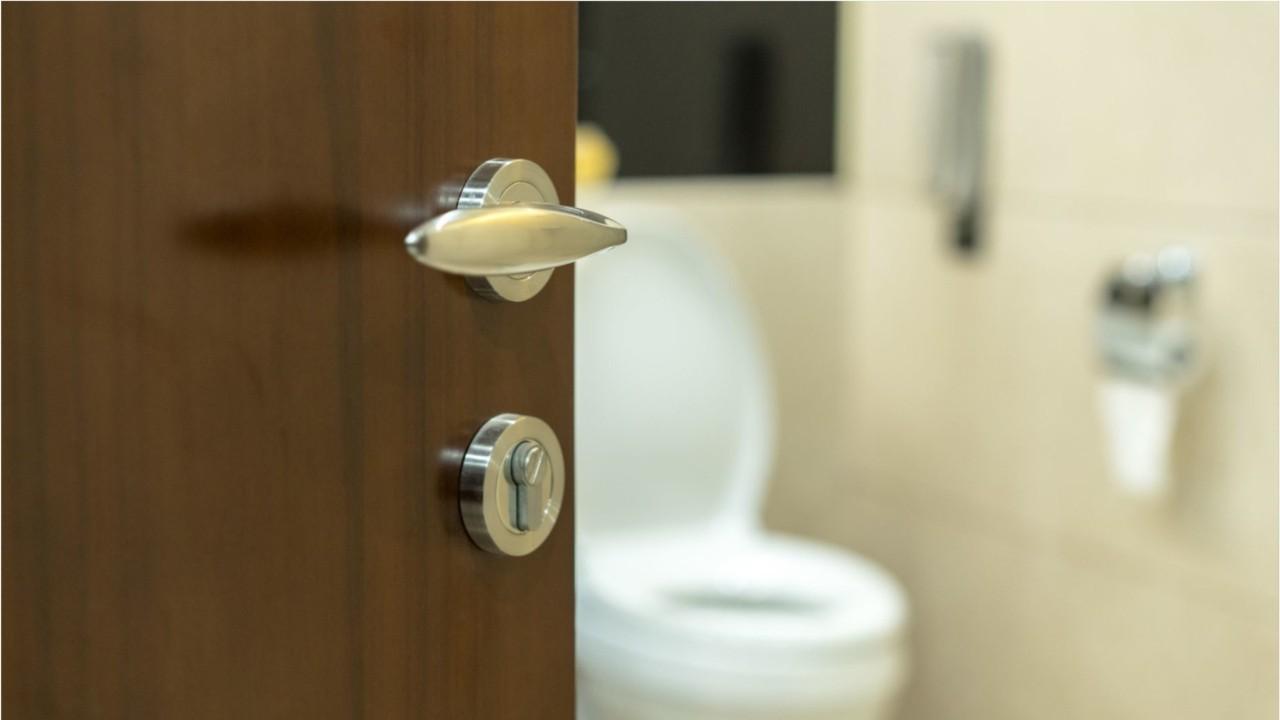[ad_1]
The U.S. Food and Drug Administration (FDA) has issued a safety warning over fecal transplants after one patient died following a procedure, and another became severely ill. In a safety alert posted Thursday to its website, the FDA said the use of fecal microbiota for transplantation (FMT) carries the “potential risk of serious or life-threatening infections.”
The FDA said the two patients, who were immunocompromised, developed E. coli infections after receiving fecal transplants from the same donor.
BREAST IMPLANTS LINKED TO RARE FORM OF CANCER, BUT FDA DECLINES TO BAN
“The donor stool and resulting FMT used in these two individuals were not tested for ESBL-producing gram-negative organisms prior to use,” the FDA noted. “After these adverse events occurred, stores preparations of FMT from this stool donor were tested and found to be positive for ESBL-producing E. coli identical to the organisms isolated from the two patients.”
The treatment has not been approved by the FDA, but can be used in a clinical trial.
TEXAS MAN BECOMES NATION’S OLDEST DONOR AFTER GIVING KIDNEY TO NEIGHBOR
While it’s not clear why the patients had received fecal transplants, procedure has been used to treat C. difficile colitis, a complication of antibiotic therapy. A 2013 study found fecal transplants to be more effective in treating C. difficile colitis than oral antibiotics, and prevented any recurrences.
The procedure is typically performed through a colonoscopy or by nasoduodenal tube, according to Johns Hopkins Division of Gastroenterology and Hepatology. When the colonscope is withdrawn from the patient, the donor stool is delivered through the colonoscopy into the colon.
CLICK HERE TO GET THE FOX NEWS APP
The FDA is urging patients considering fecal transplants to treat C. difficile to speak with their health care provider about the potential risks associated with the procedure, and for donors to answer specific questions during screening about risk factors. The FDA is also recommending MDRO testing of the donor stool.
[ad_2]
Source link

